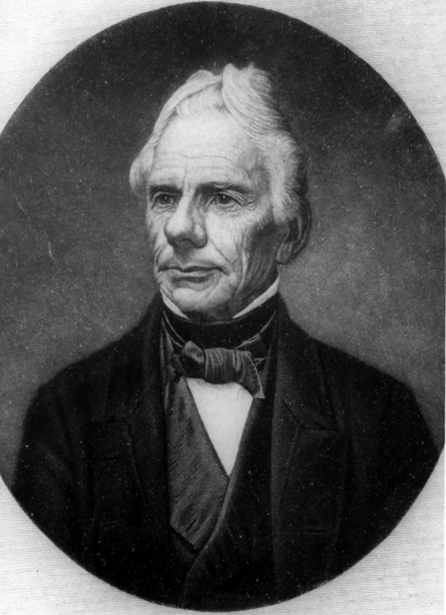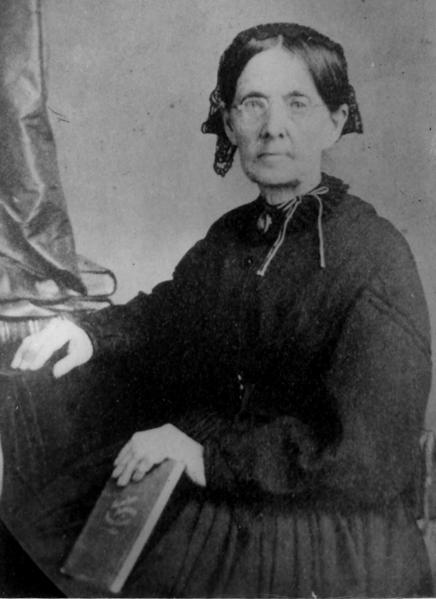Letters & Diaries
letters
McFarland Family (1859-1861)


Born in Ireland in 1788, Francis McFarland came to Pennsylvania with his parents in 1793. He attended the Princeton Theological Seminary, from 1817 to 1819, and served as a domestic missionary for a few years before serving as the Pastor of Bethel Presbyterian Church in Augusta County from 1823 to 1836, and again from 1841 to 1871. Bethel, and McFarland’s farm Rosemont, were near Greenville in the southern portion of Augusta County.
While engaged as an active pastor, McFarland also acted as a trustee of Washington College in Lexington, Virginia, as well as participating in countless meetings of the Lexington Presbytery, the Virginia Synod, and the General Assembly of the Presbyterian Church of the United States, which tied him closely to the religious and educational life of Augusta County. The 1860 election prompted him to vote for president for only the second time in his life and he later served in the General Assembly of the Presbyterian Church of the Confederate States. McFarland took an active interest in military affairs during the war, corresponding with his friend Thomas J. (Stonewall) Jackson, and McFarland’s three sons in the Confederate Army (Francis, Robert, and James).
McFarland’s activities diminished as his health deteriorated late in the war; he died on October 10, 1871.
The following links provide access to the most likely matches in the Valley of the Shadow databases:
McFarland Household
Military Records
Diary
McFarland describes all aspects of his life during this period, discussing in great detail his health, the weather, and the state of his church, among various other topics. Most of the entries address his work on behalf of his church, including preaching at funerals, and his religious studies. As he notes in his diary, the 1860 presidential election prompted him to cast a vote for president for only the second time in his life.
Letter
Junkin writes to McFarland discussing views of fellow ministers on the question of secession.